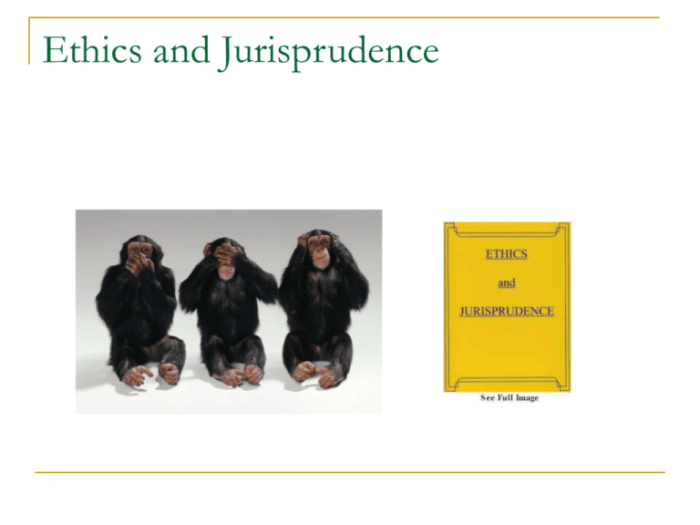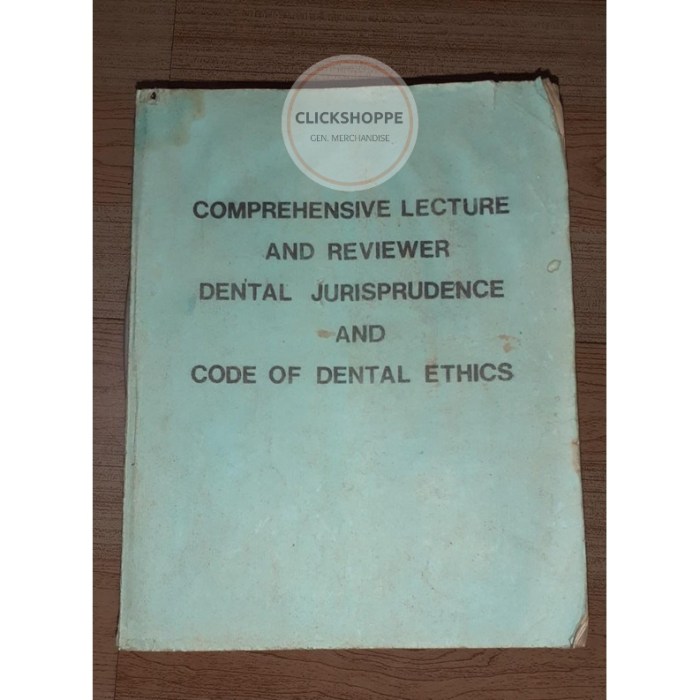Dental ethics and jurisprudence CE delves into the intricate interplay between ethical principles and legal requirements that govern dental practice. This course empowers dental professionals with the knowledge and skills necessary to make informed decisions, uphold ethical standards, and comply with legal regulations.
Exploring the American Dental Association’s Code of Ethics, we will delve into the fundamental principles of autonomy, beneficence, non-maleficence, and justice. Informed consent, confidentiality, and conflicts of interest will be examined, highlighting their ethical implications and practical applications.
1. Introduction

Dental ethics and jurisprudence are two closely intertwined fields that guide the ethical and legal conduct of dental professionals. Ethics encompasses the principles and values that govern decision-making, while jurisprudence refers to the laws and regulations that apply to dental practice.
Ethical and legal considerations are of paramount importance in dentistry as they ensure the well-being of patients, protect the integrity of the profession, and maintain public trust.
2. Ethical Principles in Dentistry

American Dental Association’s Code of Ethics
The American Dental Association (ADA) has established a Code of Ethics that provides a framework for ethical decision-making in dental practice. The code Artikels the principles of autonomy, beneficence, non-maleficence, and justice.
Principles of Dental Ethics
- Autonomy:Respecting the patient’s right to make informed decisions about their care.
- Beneficence:Acting in the best interests of the patient and promoting their well-being.
- Non-maleficence:Avoiding harm to patients and minimizing the risks associated with treatment.
- Justice:Ensuring fair and equitable access to dental care for all patients.
Ethical Implications of Informed Consent, Confidentiality, and Conflicts of Interest
Informed consent, confidentiality, and conflicts of interest are ethical considerations that arise in dental practice. Informed consent requires that patients be fully informed about their treatment options and the potential risks and benefits before making decisions. Confidentiality involves protecting the privacy of patient information.
Conflicts of interest occur when a dentist’s personal or financial interests could influence their professional judgment.
3. Legal Aspects of Dental Practice
Key Laws and Regulations
Dental practice is governed by a variety of laws and regulations, including state dental practice acts, federal regulations, and common law. These laws establish the standards of care, licensure requirements, and patient rights.
Legal Implications of Negligence, Malpractice, and Fraud, Dental ethics and jurisprudence ce
- Negligence:Failing to meet the expected standard of care, resulting in harm to the patient.
- Malpractice:Professional misconduct or negligence that results in injury to the patient.
- Fraud:Intentionally deceiving patients or insurance companies for financial gain.
Importance of Documentation, Record-Keeping, and Risk Management
Proper documentation, record-keeping, and risk management are essential for protecting dentists from legal liability. Accurate records provide evidence of the care provided and can help defend against allegations of negligence or malpractice. Risk management strategies aim to identify and mitigate potential risks to patients and the practice.
FAQ Summary: Dental Ethics And Jurisprudence Ce
What are the key ethical principles in dentistry?
The American Dental Association’s Code of Ethics Artikels the principles of autonomy, beneficence, non-maleficence, and justice, which guide ethical decision-making in dental practice.
What are the legal implications of negligence in dentistry?
Negligence occurs when a dental professional fails to meet the expected standard of care, resulting in harm to the patient. Legal consequences can include liability for damages and disciplinary action.
How can dental professionals stay up-to-date on ethical and legal developments?
Continuing education, professional development courses, and membership in professional organizations provide dental professionals with access to the latest ethical and legal information.